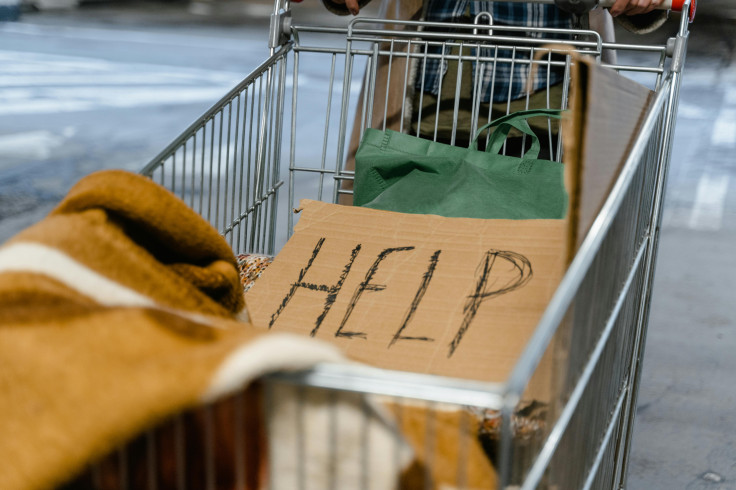
Los Angeles officials have reported a modest decline in the number of people experiencing homelessness in the city, marking a 2% drop in overall homelessness. This comes after increased investments in shelter and longer term housing since L.A. Mayor Karen Bass took office in December 2022. Overall, the city has invested more than $1 billion to try and address homelessness.
This improvement, however, is tempered by ongoing challenges, particularly among Latinos who constitute a substantial portion of the unhoused population, 43% to be precise.
For Latino immigrants, especially those without legal status, unique barriers exacerbate their homelessness. According to LAist, issues such as wage theft, limited access to resources, and fear of seeking assistance due to immigration concerns are prevalent. Affordable housing options often require proof of income and legal residency, excluding many undocumented immigrants from accessing crucial support systems.
Raquel Roman, executive director of Proyecto Pastoral, explained to LAist some of the biggest challenges immigrants face:
"You need a Social Security (number) and proof of income to get housing, Section 8 housing. The housing and the work is really difficult for folks. There's a shame to being unhoused, and so a lot of times, people do not want to seek the help that they need."
In response to these challenges, initiatives like the Task Force on Latinx People Experiencing Homelessness have emerged to address community-specific needs and advocate for policy changes. These efforts aim to bridge the gaps in housing resources and provide more accessible pathways for assistance to those immigrants who need it most.
Ultimately, addressing homelessness in Los Angeles requires a multifaceted approach that acknowledges the diverse needs of its population, particularly vulnerable communities like undocumented immigrants. The ongoing collaboration between government agencies, nonprofit organizations, and community leaders remains crucial in effecting meaningful change and providing pathways to housing security for all residents.
© 2024 Latin Times. All rights reserved. Do not reproduce without permission.







